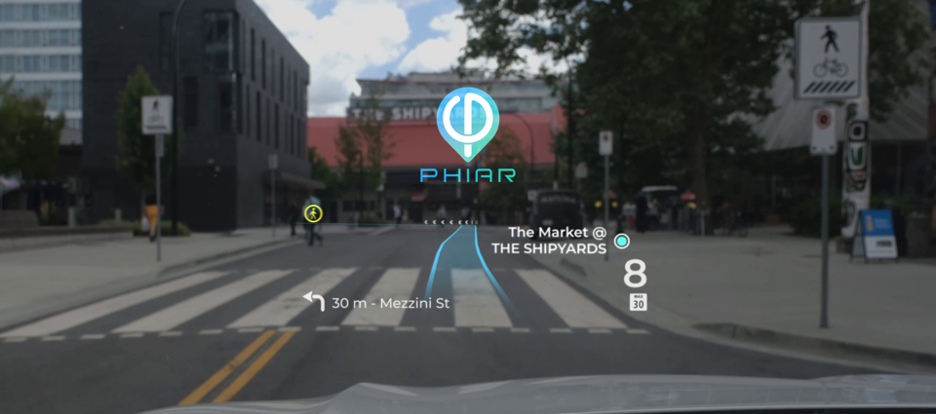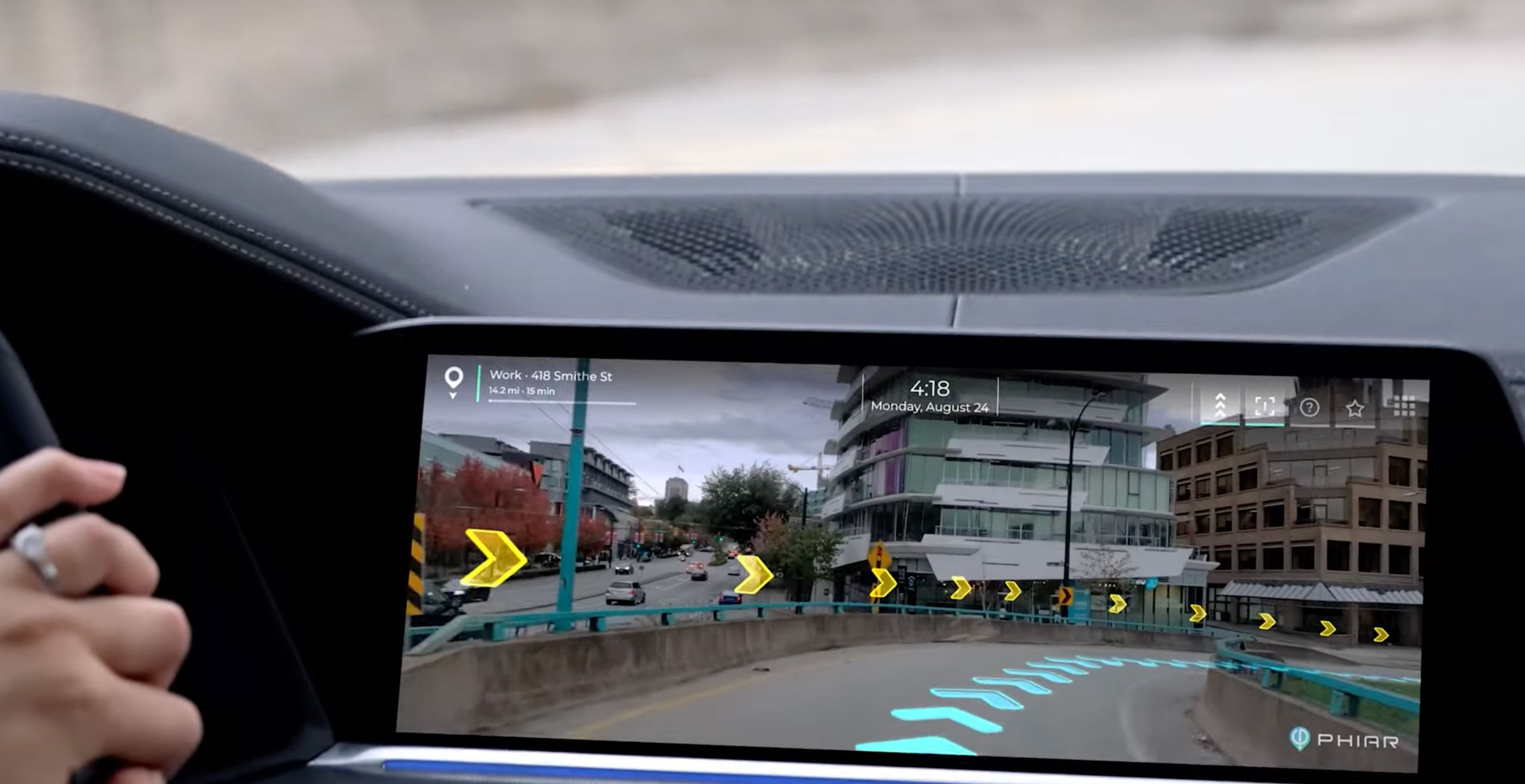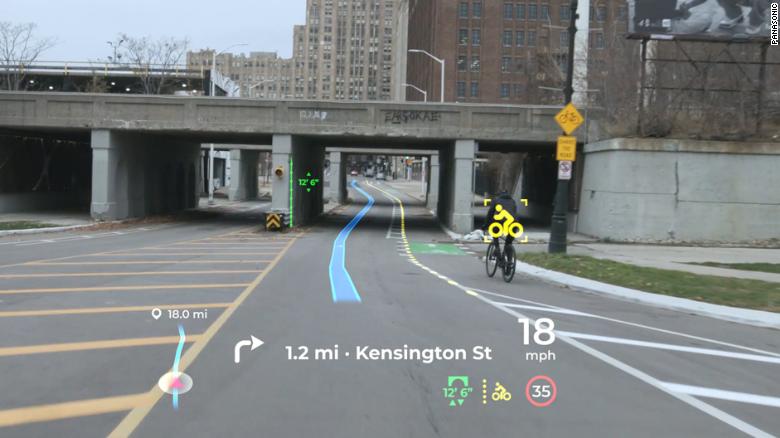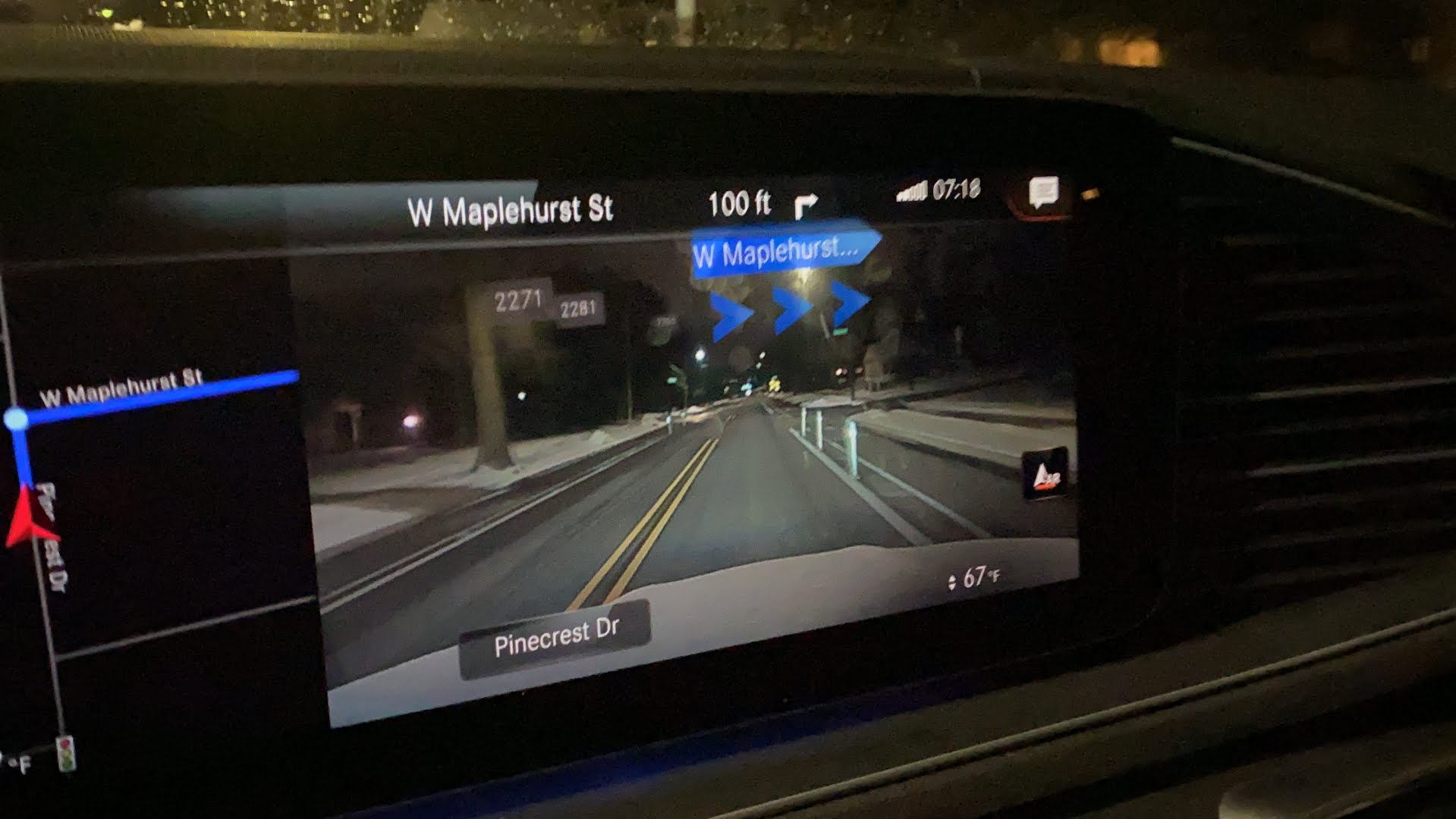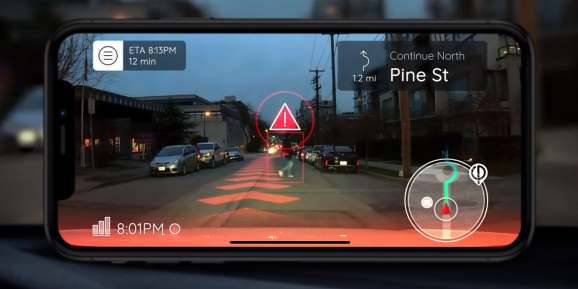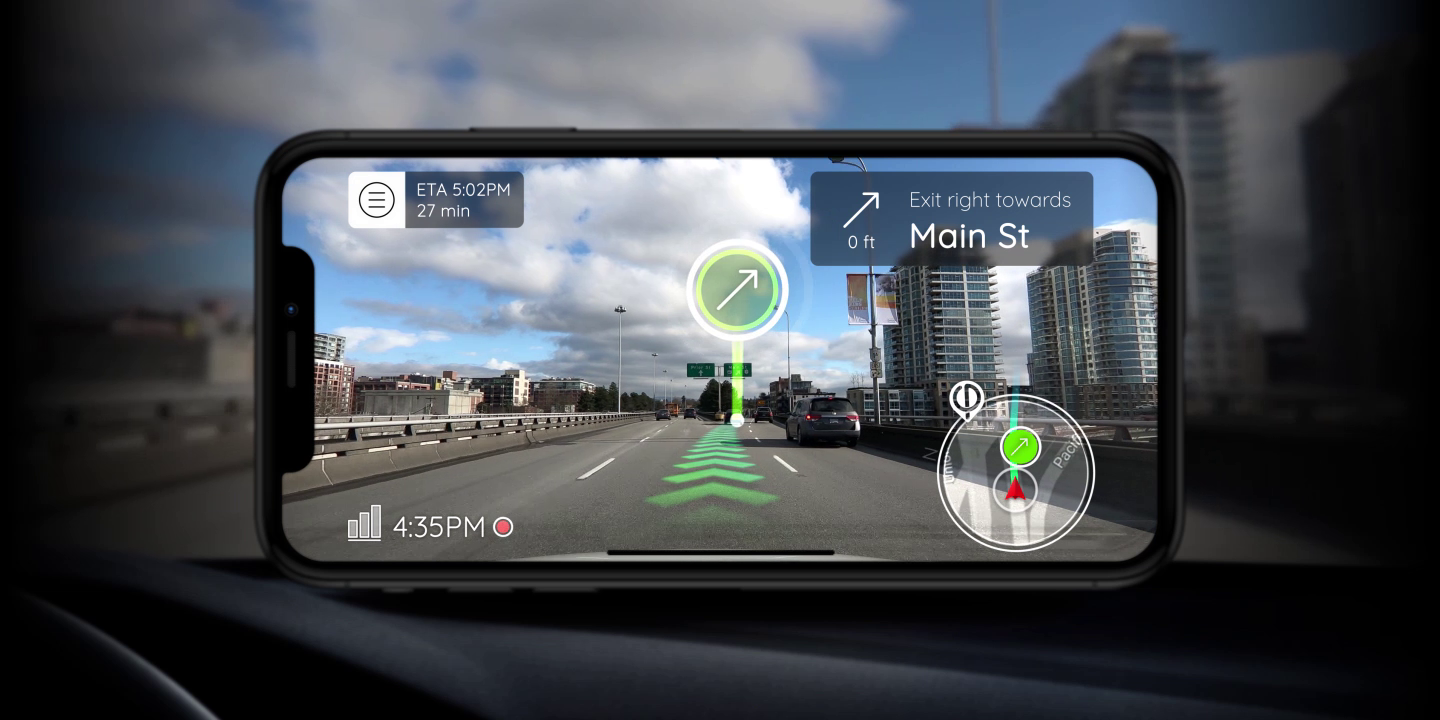Episode 82: Enabling AI-Powered AR Navigation For Driving with Chen-Ping Yu

Show Notes
- (01:47) Chen-Ping shared his upbringing growing up in Taiwan and going to boarding school in the US at the age of 14.
- (04:42) Chen-Ping got his Bachelor’s and Master’s degrees in Computer Science from RIT back in the early-to-mid 2000, in which he did academic research in computational neuroscience.
- (08:18) Chen-Ping walked through his MS thesis at RIT, designing and implementing a computational model of neurons from the visual cortex’s medial superior temporal area.
- (10:18) Chen-Ping talked about the academic culture shock of pursuing his Master’s degree in Computer Science and Engineering at Penn State.
- (13:47) Chen-Ping walked through his MS thesis at Penn State, proposing a statistical asymmetry-based automatic brain tumor detection from 3D MR images.
- (18:35) Chen-Ping discussed the thread of his research as a Ph.D. student at Stony Brook, where he worked at the Computer Vision Lab and the Eye Cog Lab.
- (23:19) Chen-Ping unpacked his Ph.D. dissertation at Stony Brook called computational models of visual features: from proto-objects to object categories.
- (28:54) Chen-Ping went through his internship experience at Riverbed Technology and Shutterstock.
- (30:20) Chen-Ping dissected the development of a neuro-inspired deep convolutional neural network called Map-CNN for modeling human early visual information processing during his time as a Postdoc at Harvard’s Cognitive and Neural Organization Lab.
- (32:14) Chen-Ping mentioned research areas at the intersection of computer vision and cognitive vision that he is excited about.
- (33:33) Chen-Ping shared the story behind the founding of Phiar with James Briscoe, an ex-classmate from RIT, and Ivy Lee, an ex-colleague from Shutterstock.
- (36:33) Chen-Ping discussed technical challenges with developing an ultra-lightweight Spatial AI engine that allows any vehicle to perceive its surroundings using a camera that can run in real-time at the edge on a commodity automotive computing platform.
- (39:36) Chen-Ping unpacked the key features of a complete Visual Mobility platform, including automobile integration, AR navigation, digitized environment, smart parking, 3rd-party integration, and reality-as-a-service.
- (41:16) Chen-Ping shared details around Phiar’s ultra-efficient monocular depth estimation AI that runs efficiently on a mobile phone and achieves SOTA accuracies on the benchmark KITTI dataset.
- (43:16) Chen-Ping revisited his experience going through the Y-Combinator incubator in the summer of 2018.
- (44:27) Chen-Ping shared high-level fundraising advice for first-time founders.
- (46:30) Chen-Ping talked about strategies he found useful to identify the right client partnerships for Phiar.
- (48:10) Chen-Ping shared valuable hiring lessons learned at Phiar.
- (51:37) Chen-Ping reflected on the difference between being a researcher and a founder.
- (53:43) Closing segment.
Chen-Ping’s Contact Info
Phiar’s Resources
- Website
- LinkedIn | Twitter | Facebook | YouTube
- “Phiar Secures $12M Series A and Names Google Head of Android Automotive Platforms as CEO” (Sep 2021)
Mentioned Content
People
Books and Papers
- “Zero To One” (by Blake Masters and Peter Thiel)
- “Modeling Clutter Perception using Parametric Proto-object Partitioning” (NIPS 2013)
- “Modeling visual clutter perception using proto-object segmentation” (June 2014)
- “Searching for Category-Consistent Features: A Computational Approach to Understanding Visual Category Representation” (May 2016)
- “Generating the features for category representation using a deep convolutional neural network” (Sep 2016)
- “Map-CNN: A Convolutional Neural Network with Map-like Organizations” (Aug 2017)
- “Mid-level visual features underlie the high-level categorical organization of the ventral stream” (Sep 2018)
About the show
Datacast features long-form, in-depth conversations with practitioners and researchers in the data community to walk through their professional journeys and unpack the lessons learned along the way. I invite guests coming from a wide range of career paths — from scientists and analysts to founders and investors — to analyze the case for using data in the real world and extract their mental models (“the WHY and the HOW”) behind their pursuits. Hopefully, these conversations can serve as valuable tools for early-stage data professionals as they navigate their own careers in the exciting data universe.
Datacast is produced and edited by James Le. Get in touch with feedback or guest suggestions by emailing khanhle.1013@gmail.com.
Subscribe by searching for Datacast wherever you get podcasts or click one of the links below:
If you’re new, see the podcast homepage for the most recent episodes to listen to, or browse the full guest list.

